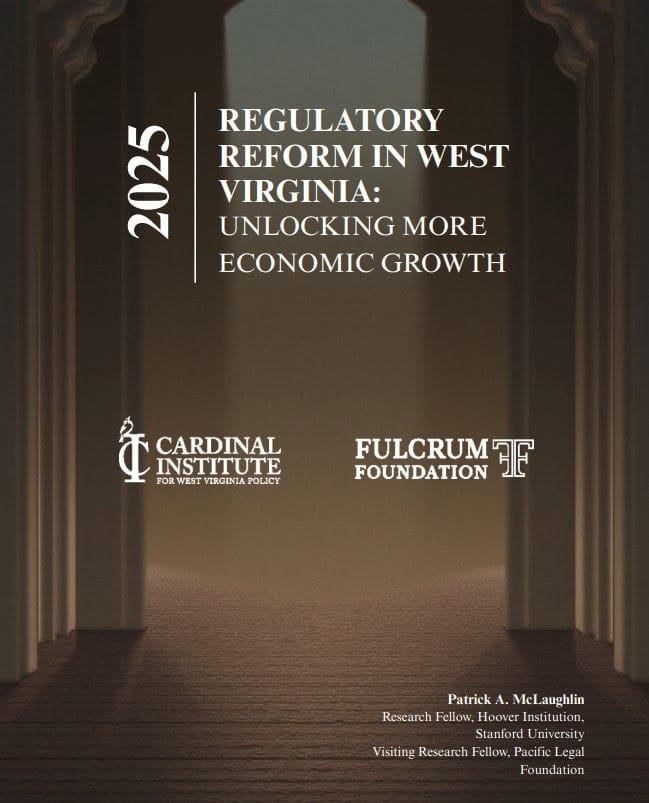
Eliminating the Income Tax: A State Success Story
Cardinal Team
For many, January marks the anxious start to tax season and reminds us how much the government takes from our paychecks every year. But what if there was a way to keep more money in your pocket?
After the November general election, Governor Justice announced that his top priority is to eliminate the state personal income tax (PIT). But, what does tax reform look like, and how can this impact the lives of West Virginians from the hills to the hollers?
Unfortunately, West Virginia is all too familiar with ranking below nearby states. For example, Tennessee outpaced West Virginia, and the country, in business growth alone. From 2017 to 2018, Tennessee’s economy grew by 3.1%, while the national GDP grew by 2.9%. The state’s average employee salaries are also higher than half of the country.
Amid a global pandemic, businesses continued to move to the Volunteer State. While states across the country are considering tax increases to combat COVID-19 challenges, Tennessee continued to reduce the tax burden for families across the state. A 2020 study from the Tax Foundation revealed that Tennessee residents enjoy the country’s lowest per capita tax burden as a result of 2015 legislation that cut Tennessee’s income tax significantly. Over the years, Tennessee has continued to reduce their income tax. As a result, in 2021, Tennessee will experience its first year as a real PIT free state.
As unemployment increased in response to the pandemic over the past ten months, Tennessee’s state revenues were richer than states with high-income taxes. Dependence on an income tax can create budget problems. When revenues fall short, governments are encouraged to increase the tax rate — hurting families and businesses. States with a low tax burden continue to outperform their counterparts: populations increase, families earn more in less time, and businesses are inclined to move to the area. The need for fiscal reform is evident.
In 2016, former California Governor Jerry Brown agreed with many philosophical opponents — a state’s dependence on income tax revenue creates budget problems. He made this realization four years after his massive 2012 state tax increases — an increase that led to California’s net in-migration rate dropping drastically.
The PIT is a highly volatile revenue source that creates challenges when forecasting fiscal budgets. In fact, studies reveal that the tax is among the worst for state growth. After the 2008 Recession, all tax revenue decreased in varying ways. By 2010, consumption taxation (sales tax) was down 8%, while PIT fell 16%. In the wake of COVID-19, West Virginia will likely see similar trends once again.
During economic downfalls, wages, salaries, and investment income decline. However, even in these declines, coupled with (untaxable) government assistance, individuals continue to spend, if at a lower rate.
Opponents argue that taxation should never be an obstacle to business development, salary increases, or job opportunities. However, the PIT does just that. It is also vital to acknowledge the false reliance on the PIT — an unreliable revenue source in an already struggling state.
Thus, the elimination of the regressive, personal income tax in West Virginia is imperative.
Jessica Dobrinsky is a Policy Development Associate for the Cardinal Institute for WV Policy.







